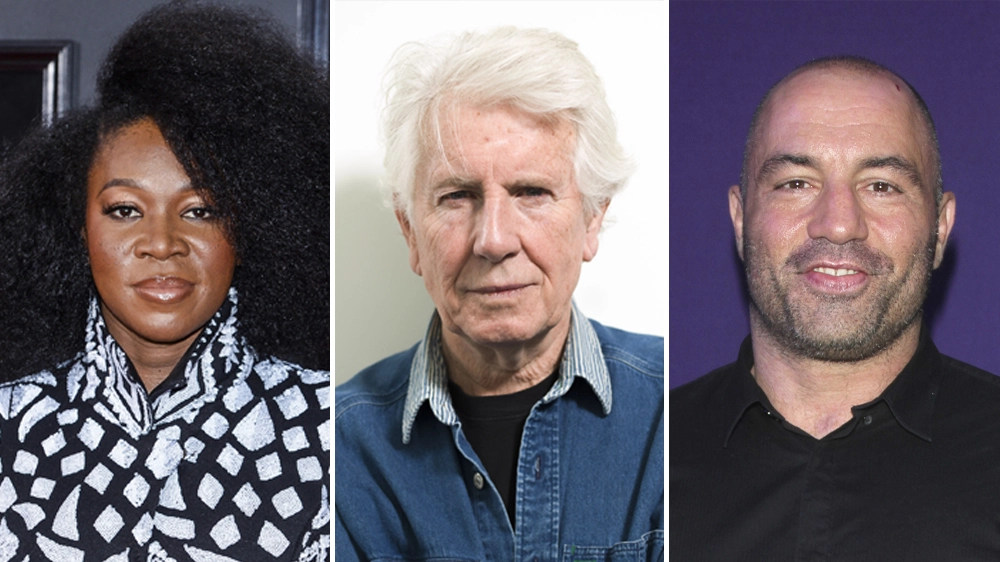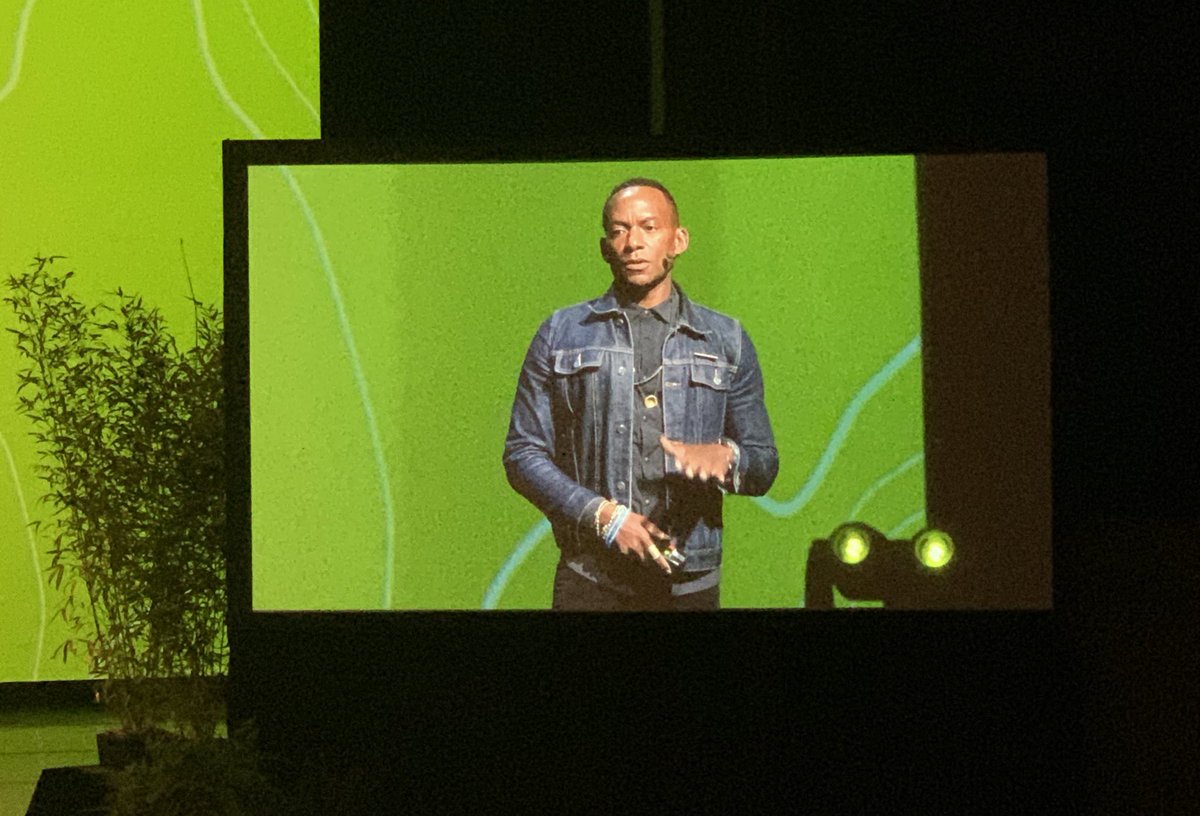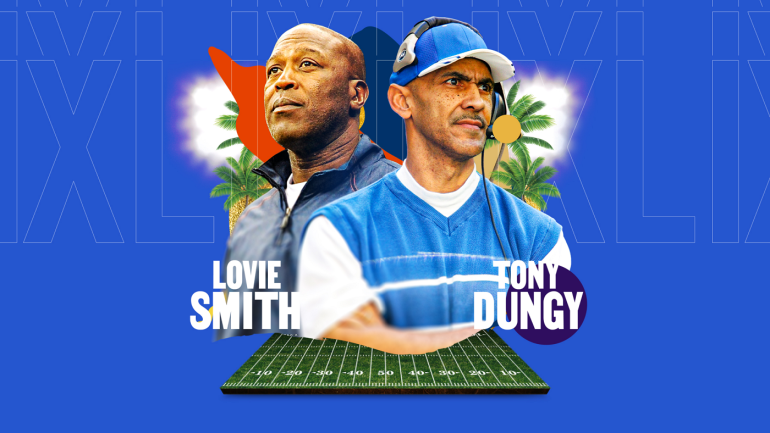
The traffic to the cancellation page for Spotify Premium has jumped in recent weeks as the audio streaming company faces a wave of backlash over its support for podcaster Joe Rogan, an analytics firm told CNN.
The analytics firm, SimilarWeb, told CNN Tuesday night that it had seen traffic to the cancellation page spike 196% week-over-week in its most recent set of data.
That set of data compared traffic from the week starting on January 17 to traffic from the week starting January 24. In the week of the 17th, 39,924 visits to the page were recorded. In the week of the 24th, 118,168 visits were recorded.
Spokespeople for Spotify didn’t return requests for comment.
Spotify Premium monthly fees start at $9.99 and go up to $15.99 for a family plan. There is also a free version. The company said in its most recent earnings report that it had hit 180 million paying subscribers, meaning that even if all the recent visits to the page represented actual cancellations for its paid product, it would likely not cause much damage to its bottom line. And there’s no way to be sure, at least for now, how many of those visits to the cancellation page actually resulted in a cancellation.
Still, the increased traffic to the page is notable.
Seema Shah, who leads SimilarWeb’s research team, told CNN that she hasn’t seen something like this in Spotify’s history.
“This is a huge spike,” she said. “It implies people were passionate about the issue and took immediate action. We’ll see if it keeps rising.”
The traffic, which has shown no signs of slowing down, could also ramp up as Rogan continues to face criticism for having used racial slurs in episodes of “The Joe Rogan Experience” years ago.
Rogan, whose contract with Spotify is worth a reported $100 million, apologized on Saturday for using the slurs on Saturday, admitting he “f***ed up.”
Daniel Ek, Spotify’s chief executive, additionally attempted to quell the controversy Sunday night by telling employees that his team had spoken to Rogan and that the episodes had been removed from the platform’s library. Ek also said that the language did not represent Spotify’s values.
The controversy, however, is still roiling the company.
Neil Young, who drew attention to the anti-vaccine rhetoric on Rogan’s podcast by pulling his entire library from Spotify, this week encouraged more recording artists to leave the platform. Young’s initial decision came after a group of more than 250 scientists, doctors, nurses and researchers wrote an open letter to Spotify to call out the Covid-19 misinformation and conspiracy theories that Rogan promotes on his podcast.
Young also encouraged Spotify employees to depart the company before “it eats up your soul.”
“Be free and take the good path,” Young said
From: www.axios.com
The artists boycotting Spotify include:
1. Neil Young
- “I am doing this because Spotify is spreading fake information about vaccines – potentially causing death to those who believe the disinformation being spread by them,” Young wrote in a letter last week asking for Spotify to remove his music.
- At the time, a Spotify spokesperson said in a statement that the platform regrets Young’s decision, but it hopes “to welcome him back soon.”
2. Joni Mitchell
- Joni Mitchell last Friday said that she would also remove her music from Spotify “in solidarity with Neil Young and the global scientific and medical communities on this issue.”
3. Nils Lofgren
- Bruce Springsteen’s E Street Band guitarist Nils Lofgren announced in a letteron Young’s website Saturday that he was also joining the boycott over vaccine misinformation.
- Lofgren said he stood with health care professionals, scientists and others in calling out Spotify for promoting vaccine misinformation.
- “When these heroic women and men, who’ve spent their lives healing and saving ours, cry out for help you don’t turn your back on them for money and power. You listen and stand with them,” he wrote.
4. India Arie
- Singer India Arie announced on Instagram Monday that she too is having her music and podcast removed from the platform, citing concerns about Rogan’s past comments about race as well as COVID-19.
- “Neil Young opened a door that I must walk through,” she wrote.
- “I believe in freedom of speech. However, I find Joe Rogan problematic for reasons other than his Covid interviews. For me, it’s also his language around race.”
5. Graham Nash
- Singer-songwriter Graham Nash announced via instagram on Tuesday that “having heard the Covid disinformation spread by Joe Rogan on Spotify, I completely agree with and support my friend, Neil Young.”
- “I am requesting that my solo recordings be removed from the service,” he added in a statement, per Variety.
6. David Crosby
- David Crosby, alongside Nash and Stephen Stills — all three of whom are former Young’s former bandmates — confirmed in a statement to NPRWednesday that Spotify they have “requested that their labels remove their collective recordings from Spotify.”
- “In solidarity with their bandmate, Neil Young, and in support of stopping harmful misinformation about COVID, they have decided to remove their records from the streaming platform including the recordings of CSNY, CSN, and CN, as well as Crosby’s and Stills’ solo projects,” the statement read.
- It added that Nash had already begun the process of removing his solo recordings.
7. Stephen Stills
- “We support Neil and we agree with him that there is dangerous disinformation being aired on Spotify’s Joe Rogan podcast,” the trio said in the statement.
- “Until real action is taken to show that a concern for humanity must be balanced with commerce, we don’t want our music — or the music we made together — to be on the same platform.”
The big picture: Responding to the controversy on Sunday, Spotify CEO Daniel Ek doubled down on the platform’s commitment to “creator expression” and vowed to be more transparent about its rules, Axios’ Sara Fischer writes.
- Spotify did not immediately respond to Axios’ request for comment on Tuesday.
- In a video posted to Instagram Sunday night, Rogan denied that he promoted misinformation and said he would “try harder to get people with differing opinions on” his show and “do my best to make sure I’ve researched these topics.”
Go deeper: Why Neil Young’s Spotify standoff matters to the music industry









